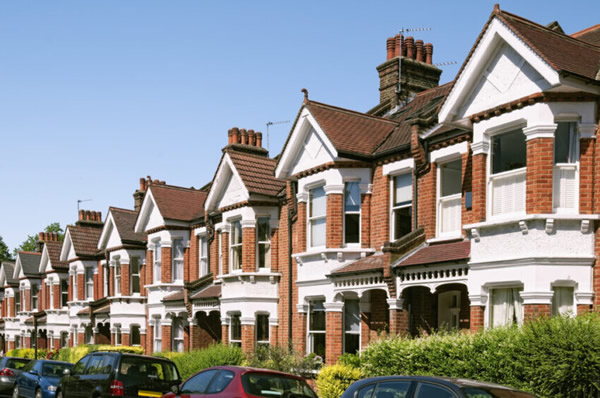Nicola Schutrups, managing director at brokers The Mortgage Hut, said the flurry of rate cuts demonstrates lenders’ confidence in the resilience of the housing market.
New figures from Halifax show tentative signs of a stabilising market, with the average house price across the country holding steady at £281,684 in January, ‘a very small decrease’ from December’s average of £281,713. Though Kim Kinnaird, director of Halifax Mortgages, said, "the lender expects house prices to come down further in the ‘near term’, she thinks customer confidence ‘may improve’ later in the year. Lower house prices and the potential for interest rates to peak below the level being anticipated last year should lead to an improvement in home buying affordability over time.’
Tom Bill, head of UK residential research at property agents Knight Frank, said, "the poor performance of the British housing market in the ‘chaotic’ final months of last year is ‘not a useful barometer for 2023. Activity has been strong in the first five weeks of this year as buyers and sellers reactivate plans and come to terms with the fact that fixed rate mortgages are now in line with their long-run average. Most buyers need to move and have accepted the fact that a 13-year period of ultra-low rates is over."
Knight Frank is predicting house prices will fall around 5% this year as household incomes adjust to higher outgoings. But Tom Bill added, "Offers are still exceeding the asking price in some areas. Unemployment remains low and inflation appears to have peaked, so you wouldn’t rule out the housing market surprising on the upside, as it did during the pandemic."
House prices have been falling since August when they peaked at £293,992, knocking around £12,500 off the average sale price. Values are still higher than they were at this time last year, however –by around £5,000.
What do falling house prices mean for me?
House price trackers should be taken with a healthy dose of perspective. The figures rely on transaction data, which can vary month to month. A drop of 5% is also an average – it doesn’t mean your house will go down in value by 5%. Some homes will still be going up in value if they are in a desirable location, are in good condition and there’s competition to buy.
Others will see their value drop more steeply in areas where no one currently wants to buy, or where there is a shortage of purchasers who can afford the higher cost of mortgage repayments. While it makes homeowners feel richer or poorer when house prices go up or down, unless you sell or remortgage to a different lender when the market is falling it’s largely immaterial. The paper value of your home is far less important than whether you can afford your monthly repayments.
The upside to house prices going down
Less rampant house price inflation is good news for those looking to get on the housing ladder, or move up it, despite higher mortgage rates limiting the amount that it’s possible to borrow and with brokers suggesting lenders will continue to bring mortgage rates down, affordability is improving. The Mortgage Hut’s Nicola Schutrups said: ‘Lenders now have a level of certainty that the Bank of England base rate has stabilised and the long-term outlook for rates is a downward trend. Lenders have reacted quickly following the volatility last year and are putting their customers first in the push for more competitive pricing.

